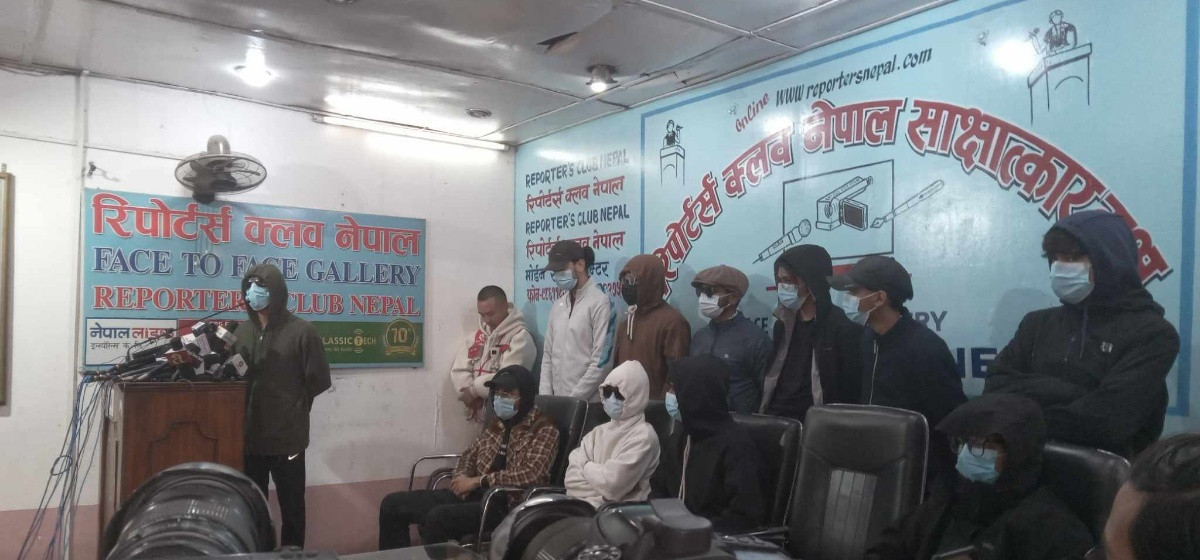DFTQC speeds up standardization of number of foods to ensure hygiene and quality
KATHMANDU, June 20: Operators of food businesses if found selling unhygienic foods to their customers will have to face a cash penalty of up to Rs 500,000 on the spot or a jail term of up to five years or both.
The government has maintained the provision in the newly endorsed Food Hygiene and Quality Act 2024. According to the Department of Food Technology and Quality Control (DFTQC), the related bill received certification on May 5 while it will come into effect from August 3.
As of now, any wrongdoers in food businesses are supposed to face a cash penalty of Rs 50,000 at maximum while the cases need to be filed at the concerned district court to forward the legal process. Director General of the DFTQC Matina Joshi Vaidya said the new act has delegated authority to the district administrative offices to take action against the wrongdoers, while the local governments can issue licenses to operate food businesses.
Eating junk food is bad for health!

The new act talks more about maintaining food hygiene along with standardization of edibles and trade of the certified products. “Citing an increasing risk in recent days, the law has now incorporated products like dietary supplement and alcohol and related products within the definition of food items,” said Vaidya, speaking at a program on Wednesday.
Anyone who is found guilty of selling food without proper labeling will be slapped a six-month imprisonment or a fine of up to Rs 50,000, or both. Based on the severity of misconduct, the authority can slap a cash penalty of up to Rs 500,000 on the spot or a five year imprisonment or both. The government can take action against producers, processors, importers, transporters, storers, sellers, or service providers violating the law.
Vaidya said the new act has segregated types of misconducts based on their nature and severity that they could pose risks to human health. “Unlike the old act that considered all types of misconducts in a single basket, the new act has seen much through technical segregation,” she added.
According to Vaidya, the DFTQC has started devising regulations related to the new act. “The regulations will incorporate mostly the issue of standardization and certification of food items.”
Meanwhile, the DFTQC has sped up the work of formulating standardization of a number of food items. Recently, the Ministry of Agriculture and Livestock Development gave the go ahead to standardizing residue of chemical contaminations on vegetable and fruits. “We will take it to implementation soon,” said Vaidya.
Similarly, the DFTQC has also received approval for street food standards and chicken feed standards. While the street food standard has aimed to safeguard mainly the low income group who are vulnerable to risk from such types of foods. Likewise, chicken feed standard talks about prohibiting injecting antibiotics directly on the fodder while testing the level of aflatoxin, a type of fungus on animal feed.
Currently, the DFTQC operates eight regional offices in seven provinces and 12 offices to issue certification across the country. The department has accredited its Central Food Laboratory to test 350 parameters, while the one in Biratnagar has received accreditation to test 22 parameters.
Vaidya said they are in the process of receiving accreditation for more parameters for testing in these two laboratories.








































